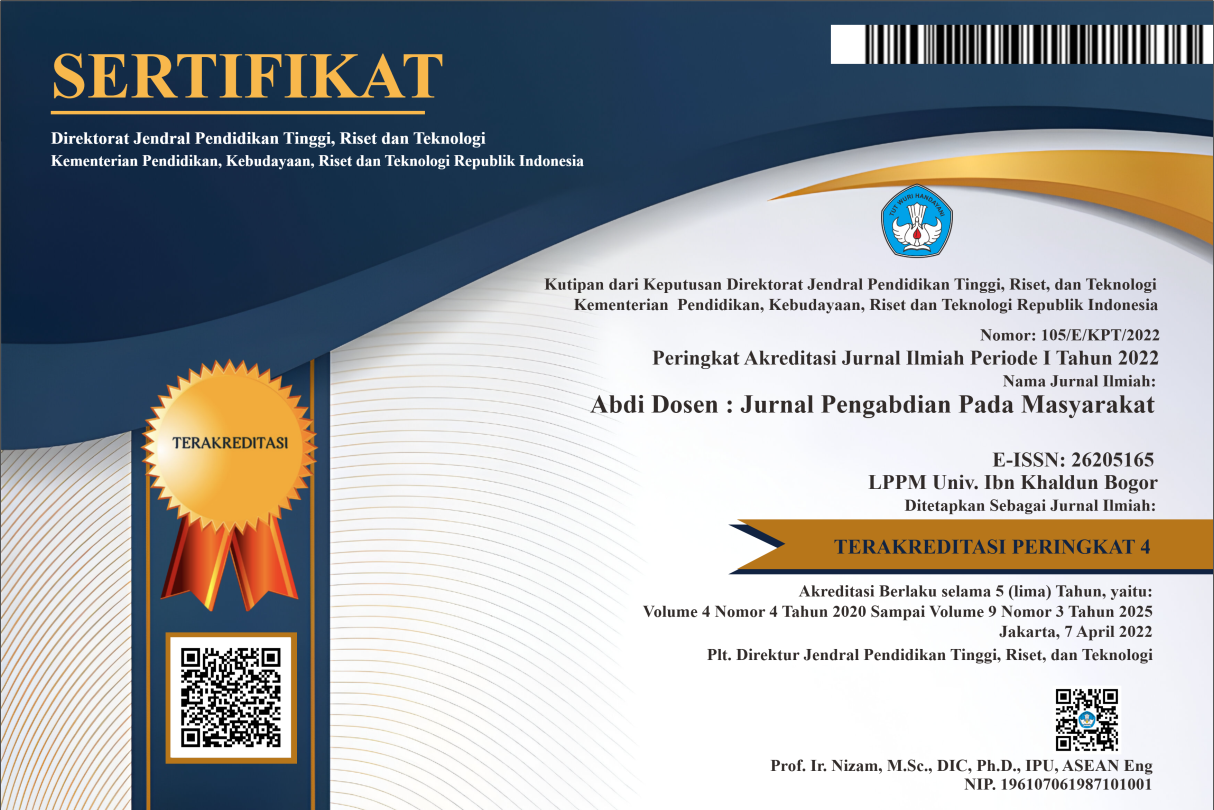FACTORS RELATED TO PRACTICE OCCUPATIONAL SAFETY AND HEALTH AT GAS STATION OPERATION IN MEDAN CITY
Abstract
The implementation of occupational safety and health is essential to create a safe working environment, especially for gas station operators working at gas stations with the risk of chemical exposure and potential explosions. This study aims to analyze factors related to the practice of implementing occupational safety and health in gasoline station operators in Medan City. This study used a quantitative approach with a cross-sectional design and data collection through questionnaires of 100 respondents. The results in this study test were obtained that knowledge (p = 0.007), attitude (p = 0.005), working mass p = (0.016) and occupational safety and health training (p = 0.001), had a significant relationship with the application of occupational safety and health in gas station operators in Medan City. Meanwhile, the variables of work duration (p = 0.104), and shift division (p = 0.714), did not have a significant influence on the implementation of occupational safety and health in gas station operators in Medan City. The results of the study showed that occupational safety and health training had a significant influence on the implementation of occupational safety and health (OR=3,609). It can be concluded that occupational safety and health training is the dominant factor that affects the implementation of occupational safety and health. It is recommended that the management of petrol stations routinely hold occupational safety and health training and evaluation to improve operator work safety.
Copyright (c) 2025 Widya Yanti Sihotang, Nadia Syahfitri, Wigma Aprinda Elizabeth Br Mahulae, Santy Deasy Siregar, Tarianna Ginting, Adeline Sacharissa Firdaus

This work is licensed under a Creative Commons Attribution-NonCommercial 4.0 International License.






















